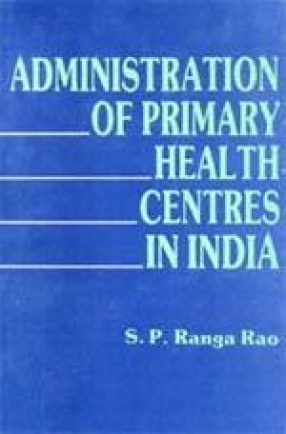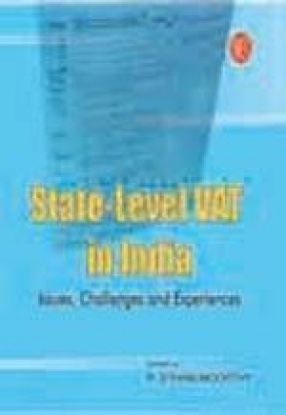As a signatory to the Aimo Ato Declaration India is committed to provide Health for all by 2000 A.D.’ Accordingly since 1985 a large number of additional rural health institutions have come into existence in various states. By 1992,20,847 Primary health Centres,1,30,782 sub centres and 2060 Community Health Centres have come to be established in rural India. However the resources provided for the Centres both human and material are grossly inadequate for them to provide even a fraction of the service needed. Doctors are reluctant to work in rural areas, Drugs are in short supply and often not of good quality. Equipment is not properly maintained. There is undue stress on the curative aspect to the neglect of the preventive and promotive aspect of health programmes is marginal. Rural local bodies are not activity associated with management of health services. Coluntary bodies also do not actively participate in the provisions of rural health services. The scheme of village Health Guides has bas not proved effective. The present volume, based on empirical field study of rural health services, reveals some of the deficiencies of the system such as those mentioned above. If are urgency rectified, if would take another 50 years for the country to provide “Health for All†its citizens.
State-Level VAT in India: Issues, Challenges and Experiences
1. Maharashtra's Experience ...
$34.20
$38.00





There are no reviews yet.